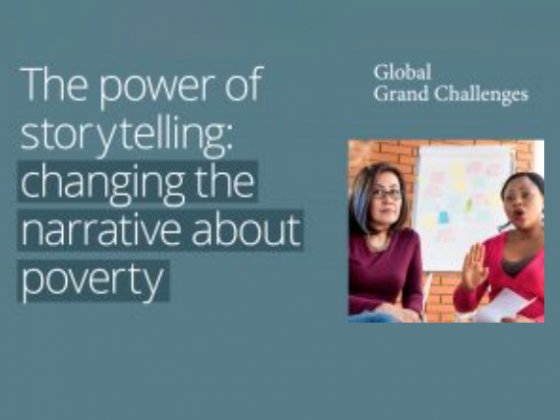
In a newly published article on Open Global Rights, Jack Barry, who recently joined the Center for Public Interest Communications as a postdoc research associate, argues that the COVID-19 pandemic has exposed the unfortunate reality that many millions of people staying at home under lockdown are without unfettered internet access, which for some could threaten their health, education, and access to work.
Barry writes: “Access to information could be the difference between life and death for many as the world battles this pandemic. Charts showing the importance of flattening the curve have been going viral in an effort to increase knowledge aimed at slowing the spread of the virus. Governmental websites show where the virus is spreading and list numbers to call for help, or information on where to get tested. Yet, as many people still lack access to the internet, these online efforts will not reach everyone.”
He says “it’s time to demand direct action from nation-states…declaring access a human right with governmental responsibility to provide access for low-income people.” Currently, the United Nations has stopped short of declaring internet access a human right that the government should provide.
Barry adds that “the internet has become simply too vital in its ability to disperse information on how to stay safe during this crisis, its ability to allow many to work from home, and in helping us educate our children at home, for anyone to go without.”



